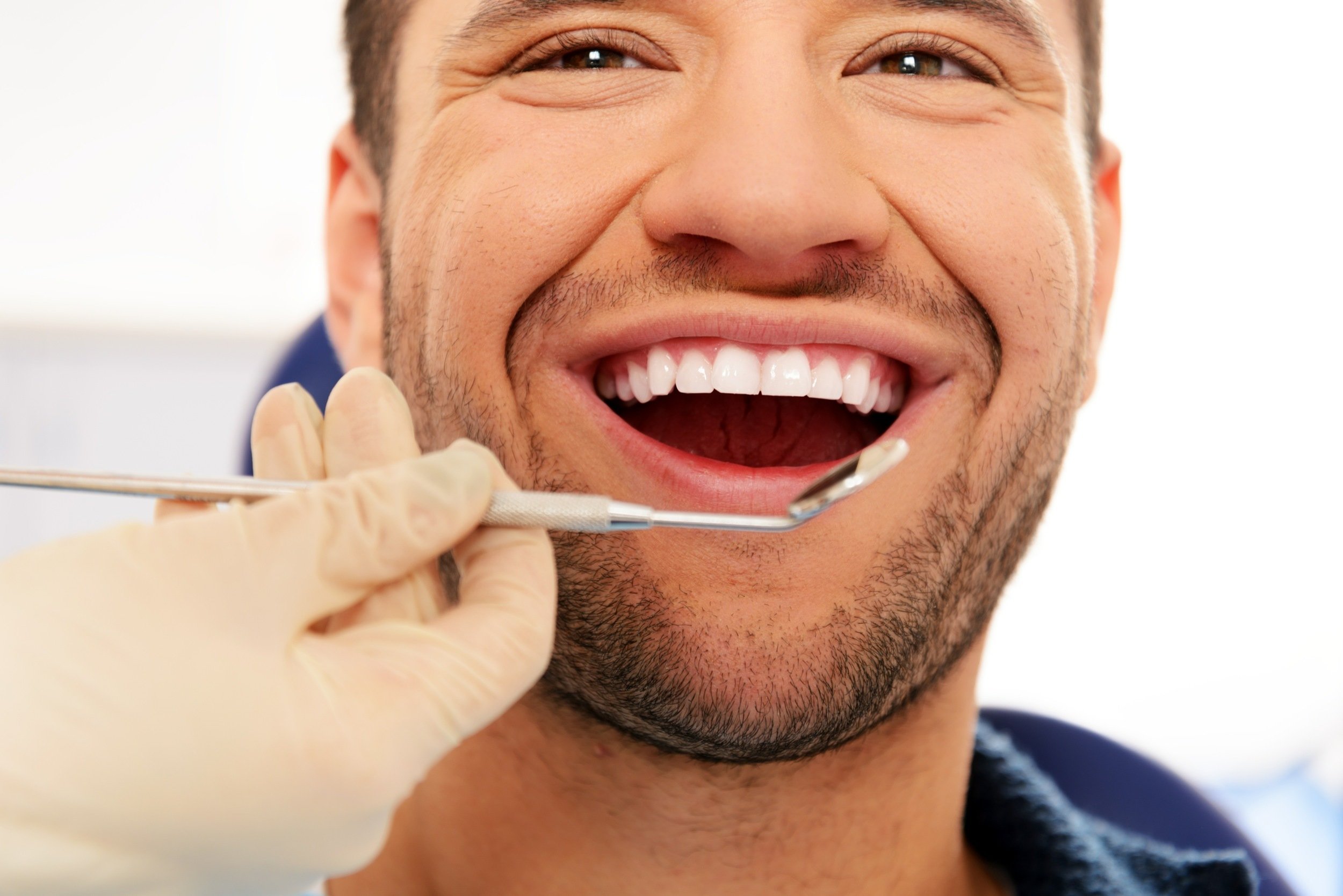
Extractions & Oral Surgery
Our dentists make every effort to preserve your natural teeth. However, extractions are necessary when decay has made the tooth unsalvageable or when you have an advanced periodontal disease. When a tooth is malformed, damaged, impacted or ingrown, different procedures are used, but all extractions are considered surgery. Depending on which tooth is removed, we can offer you a replacement in the form of a dental implant or prosthetic appliance.
Wisdom Teeth
Wisdom teeth (third molars) tend to erupt between the late teenage years or twenties and, in some cases, not at all. Wisdom teeth can erupt without any issues and never require treatment. However, wisdom teeth can cause a list of problems as they develop.
One problem that can be caused by wisdom teeth as they begin to erupt is food impaction as the flap of gum tissue that covers the tooth is raised leading to a possible infection calledpericoronitis. One other problem occurs when wisdom teeth are not angled properly in the jaw, leading to an impaction or partially erupted tooth. Improper angulation of wisdom teeth can cause pain and damage to nearby teeth. Some of the symptoms include:
- Pain (varying from dull pain to constant throbbing pain) at the back of the mouth in the upper or lower jaws
- Inflammation or swelling towards the back teeth
- Difficulty chewing on the back teeth
It is important to be aware of the status of wisdom teeth and early detection through x-rays can help the dentist prevent future issues related to them. Symtoms often develop in the teenage years or twenties.
Keeping you comfortable
Often tooth extraction is the best treatment to treat painful or potentially problematic wisdom teeth to maintain oral health. To keep your comfort in mind, we will present you with all available options for having wisdom teeth removed.
It is important to have a family member or friend drive you home following removal of wisdom teeth.
What should you expect after the procedure?
The following are expected to occur after wisdom tooth removal:
- Bleeding that can be controlled with gauze provided and pressure from biting down. Do not smoke and avoid rinsing, sucking or spitting since they will interfere with blood clot formation.
- Swelling in the area of the extraction that can be helped by placing an icepack repeatedly over the area for 20 mins on, 20 mins off.
- Medication may be prescribed to help with discomfort or over-the-counter medication may be recommended.
- Avoid chewing near the site of the tooth extraction and avoid foods that could get stuck in the extraction site, such as popcorn, chips etc. Avoid hot liquids. Avoid brushing teeth near the extraction site and avoid mouthwash.
You will receive a more detailed list of instructions from your provider. Complications do arise but most people are able to continue with normal eating and brushing after 1-2 weeks.
FAQ
What is oral surgery?
Most surgical procedures in a dental office involve removal of a source of potential damage or infection (such as a tooth or abscess); however, dental implants can be placed surgically to replace missing teeth. The dentist will require a detailed medical & dental history from all patients. For all procedures, the patient will be required to give informed consent and will be given a list of instructions to follow after the procedure to optimize healing.
Surgical procedures include:
- Routine Extraction
- Complicated Extraction
- Placement of a dental implant
- Removal of cysts/biopsy of pathology
- Smoothing sharp areas of bone for dentures (alveoplasty)
Commonly patients will be referred to a specialist, an oral surgeon, when:
- The procedure is more complicated than usual
- The patient has multiple health conditions/medications that may put the patient at a higher risk for complications
- The patient requests sedation for the procedure
- Identification (Biopsy) of a possible pathology (ie. possible cancerous tissue)

